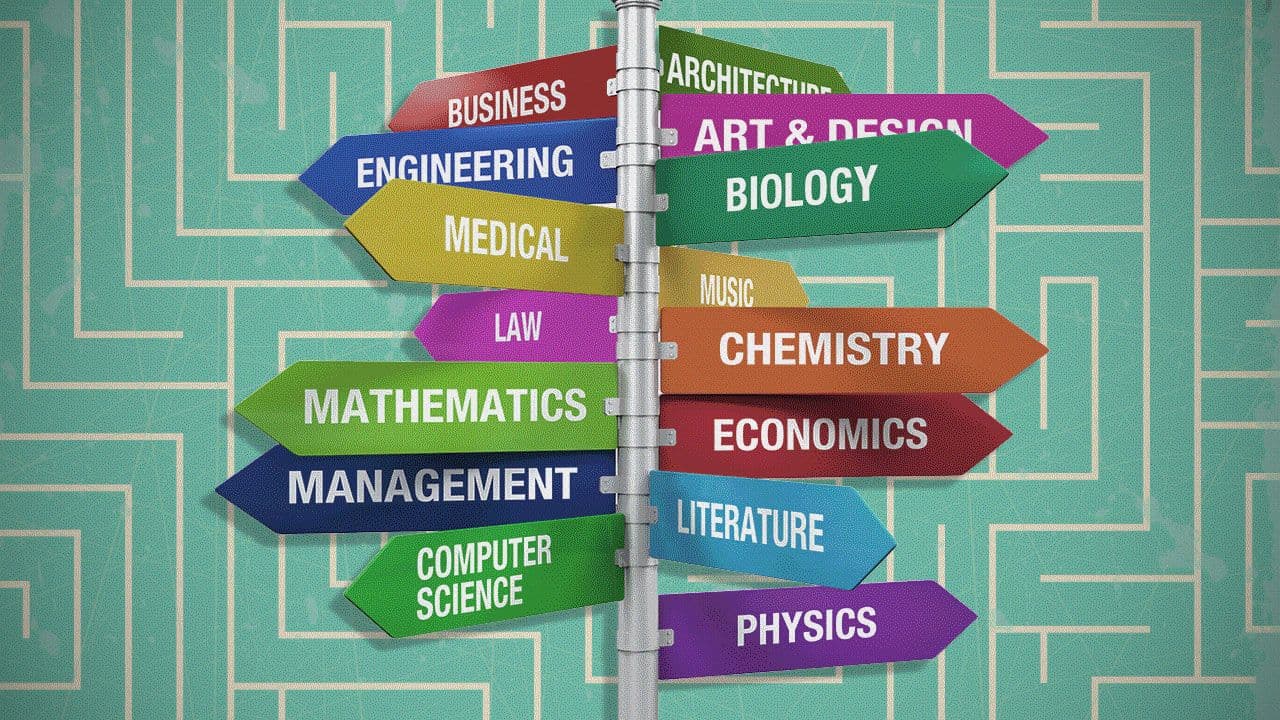Introduction
Choosing your college major is one of the most significant decisions you'll make during your academic journey. This choice will shape your educational experience, influence your career path, and impact your future opportunities. While the decision can feel overwhelming, approaching it strategically can help you find a major that aligns with your interests, strengths, and goals.
Many students enter college undecided, and that's perfectly okay. In fact, it can be an advantage – you'll have time to explore different subjects and discover what truly resonates with you. The key is to use this time wisely, gathering information and experiences that will guide you toward the right choice.
Know Yourself First
Before diving into major exploration, take time for honest self-reflection. What subjects genuinely excite you? When do you lose track of time because you're so engaged? What kind of problems do you enjoy solving? These questions reveal your natural interests and aptitudes.
Consider your learning style too. Do you prefer hands-on experiences or theoretical concepts? Do you thrive in collaborative projects or independent research? Some majors emphasize lab work and practical application, while others focus on analysis and critical thinking. Understanding how you learn best will help you find a major where you'll succeed and stay motivated.
Don't confuse what you're good at with what you enjoy. You might excel in mathematics but find more fulfillment in creative writing. Your major should ideally combine both competence and passion, but when in doubt, lean toward what energizes you.
"Choose a major you're passionate about, because you'll do your best work when you're genuinely engaged. Success follows interest, not just marketability."
— Dr. Angela Duckworth, Professor of Psychology at University of Pennsylvania
Explore Your Options
College offers unique opportunities to explore different fields before committing. Take advantage of general education requirements to sample various disciplines. That psychology course you take as an elective might spark an unexpected passion. That economics class could reveal career possibilities you'd never considered.
Attend major fairs, information sessions, and department open houses. Talk to professors during office hours about what studying their subject really entails. Most importantly, connect with current students in majors you're considering. They can provide honest insights about workload, teaching quality, and career outcomes that you won't find in brochures.
Consider job shadowing or informational interviews with professionals in fields related to your interests. Real-world exposure to different careers can clarify whether a major aligns with your expectations and lifestyle preferences.
Balance Passion with Practicality
While following your passion is important, consider practical factors too. Research employment rates, average salaries, and career paths associated with different majors. This doesn't mean choosing a major solely for earning potential, but being informed about job prospects helps you make realistic plans.
Look into the flexibility of different majors. Some programs offer broad preparation applicable to many careers, while others are more specialized. Engineering, for example, provides specific technical skills, while majors like philosophy or sociology develop transferable skills in analysis, communication, and problem-solving.
Think about your long-term goals. If you're considering graduate school, some majors provide better preparation for specific programs. If you plan to enter the workforce immediately after graduation, consider majors with clear career pathways and strong alumni networks.
Making Your Decision
You don't need to have everything figured out before declaring a major. Many students change their minds, and that's okay – it's better to switch majors than to stay in something that doesn't fit. Most colleges allow time for exploration before requiring a declaration.
When decision time comes, trust your instincts while considering the information you've gathered. Imagine yourself in the required courses for each major you're considering. Which ones excite you? Which ones feel like a burden? Your emotional response matters.
Remember that your major doesn't lock you into one career path. Many successful professionals work in fields unrelated to their college major. What matters most is developing strong skills, building meaningful relationships, and maintaining curiosity and adaptability.
Moving Forward
Choosing a major is an important decision, but it's not permanent or all-defining. What you learn in college extends far beyond your major – you'll develop critical thinking, communication skills, and adaptability that apply across careers.
Stay open to possibilities. The career you end up loving might not exist yet, or you might discover it through unexpected connections. Focus on finding a major that challenges and engages you, provides skills you value, and opens doors to opportunities that excite you.
Most importantly, remember that you're choosing an area of study, not your entire future. Your major is one piece of your education and career journey, not the whole story. Choose thoughtfully, but don't let the decision paralyze you. The real learning happens when you commit to something and dive in deeply.



